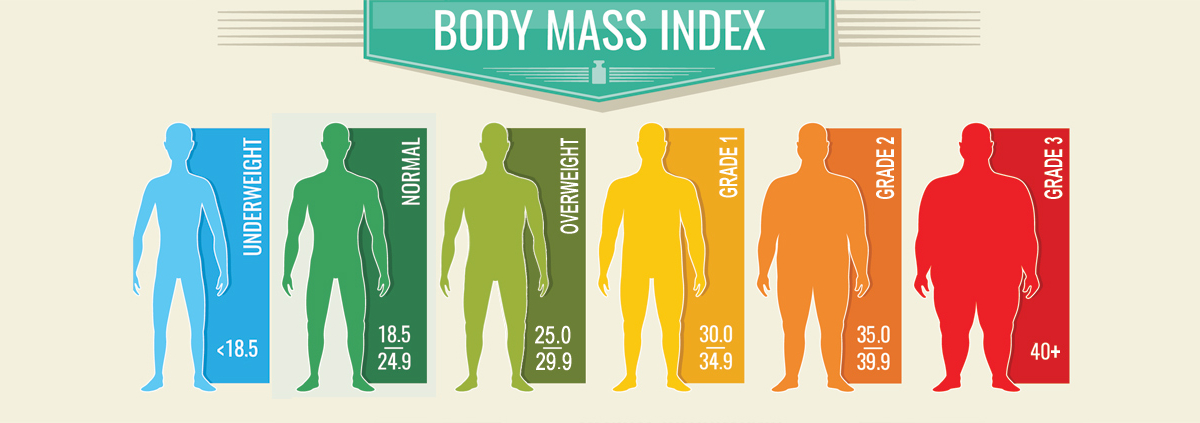Does a Little Extra Weight Keep You Alive?
The Rotterdam Study was begun in 1991 to investigate the risk factors of cardiovascular, neurological, ophthalmological, and endocrine diseases in people 55 and older (1). The study is still ongoing, but periodically subsets of subjects are examined to find out which characteristics are associated with these diseases. In a study published in 2001, researchers reported on a group of subjects who were diagnosed with heart failure at the beginning of the study and followed for an average of six years—181 out of over 5,000 subjects. By the end of five years, 85 subjects had died. One of the observations that researchers noted was that a higher BMI was associated with reduced mortality; in plain terms, the heavier people were more likely to stay alive.
It didn’t stop there. In 2013, a study was published that directly examined the relationship between BMI and mortality (2). This meta-analysis included 97 studies and examined more than 2.88 million participants and more than 270,000 deaths. They reported that while grades 2 and 3 obesity (grade 2: BMI of 35-39.9; grade 3: BMI more than 40) were associated with increased mortality, grade 1 (BMI of 30-34.9) was not, and the overweight category (BMI of 25-29.9) actually showed a reduced risk of dying. (How do you rate? Check your BMI here.)
Is this true? Is body weight not associated with an increased risk of death? Have we been trying to lose weight for no reason? I’ll finish this on Saturday.
What are you prepared to do today?
Dr. Chet
References:
1. European Heart Journal (2001) 22, 1318–1327.
2. JAMA. 2013 January 2; 309(1): 71–82.









